In a significant stride towards environmental conservation, the signing of a Memorandum of Agreement (MOA) marks the commencement of the Caritas Bamboo Forest Project, uniting Caritas Philippines, various Dioceses, and key stakeholders in a collaborative effort. The ceremony, graced by the esteemed presence of Most Rev. Jose Colin Bagaforo, President of Caritas Philippines, and Rev. Fr. Antonio Labiao, National Director, heralds a new chapter of collective action for our common home. Notable attendees, including Most Rev. Gerardo A. Alminaza DD, Rev. Fr. Juluis Tormis, and Lunhaw Ecology Director, alongside Ms. Jemadel Gallardo, the project implementer in the Diocese of San Carlos, exemplify the dedication and passion of individuals committed to environmental stewardship.
This monumental initiative underscores the pivotal role of collaboration in addressing pressing environmental challenges. Through the collective efforts of Caritas Philippines, USAID, and the Gerry Roxas Foundation, unwavering support and invaluable contributions have been extended to the Dioceses, empowering local communities to initiate sustainable solutions. The Caritas Bamboo Forest Project signifies a harmonious convergence of expertise, resources, and commitment, paving the way for tangible conservation efforts that resonate across regions.
As the Caritas Bamboo Forest Project takes root, a sense of collective gratitude permeates the air, acknowledging the tireless dedication of all involved in safeguarding our planet. With a shared vision of nurturing thriving ecosystems and fostering resilience in vulnerable communities, this collaborative endeavor embodies the spirit of solidarity and stewardship. Together, we embark on a journey towards a greener, more sustainable future, where the flourishing of our environment mirrors the flourishing of humanity.
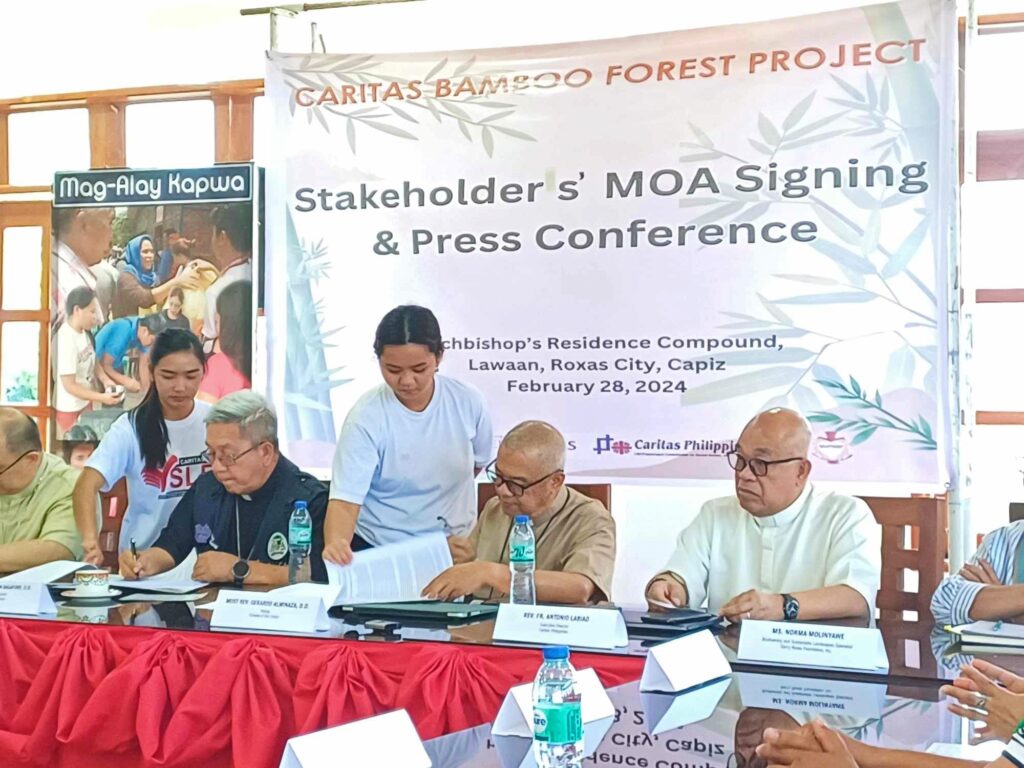
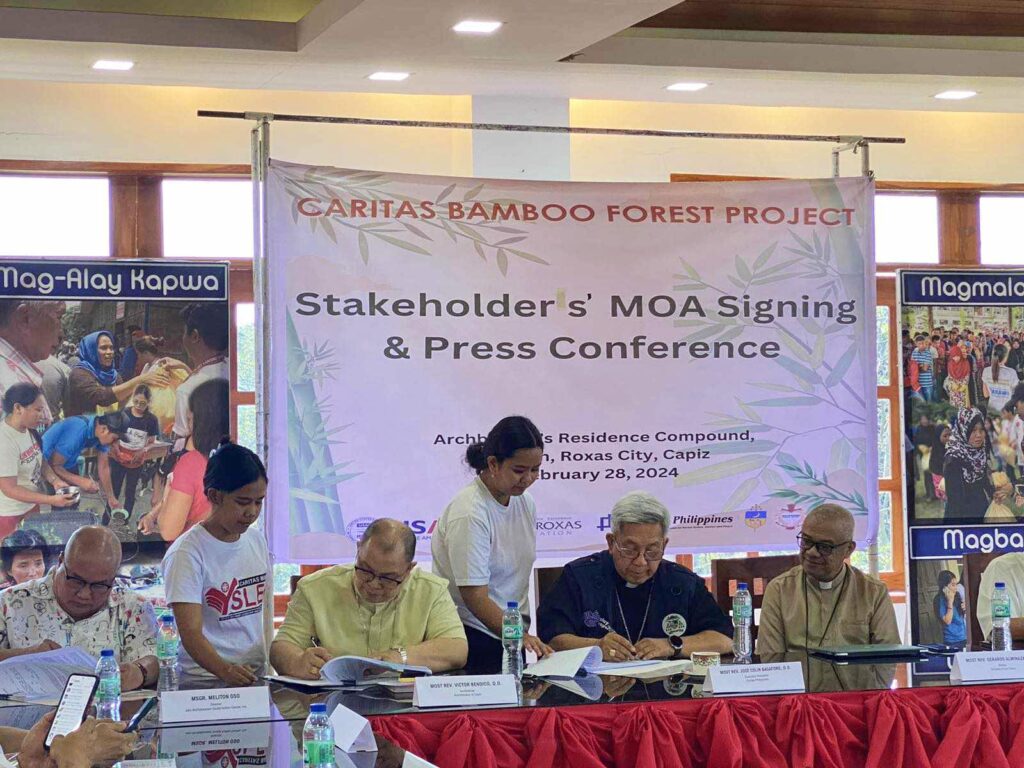

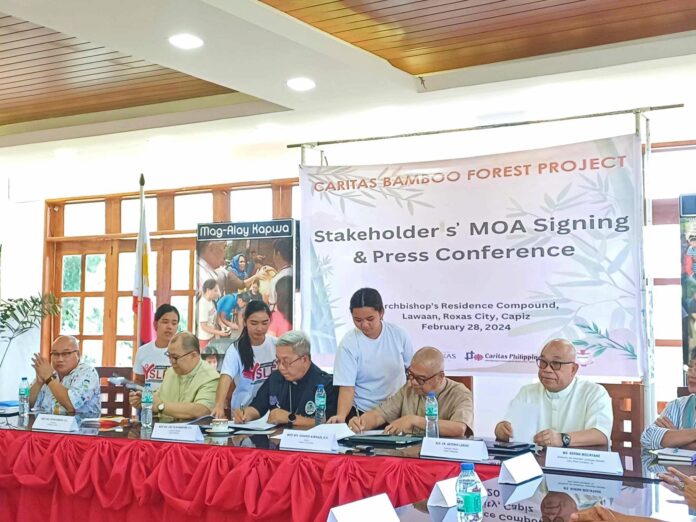



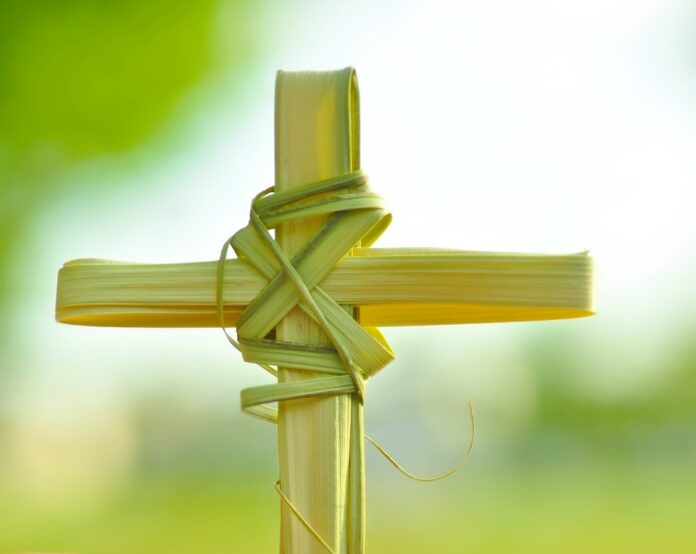

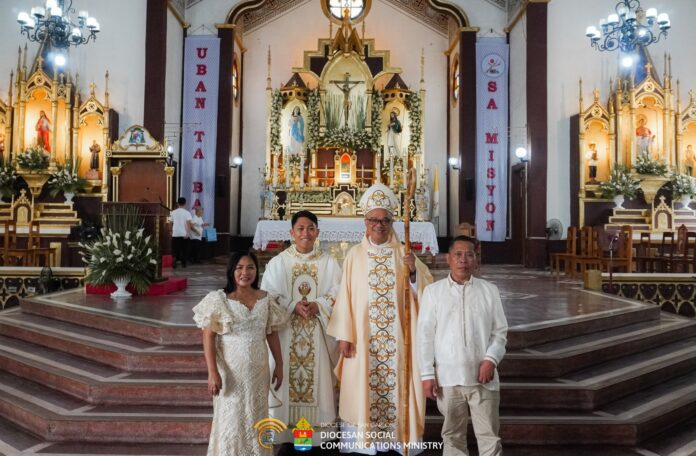
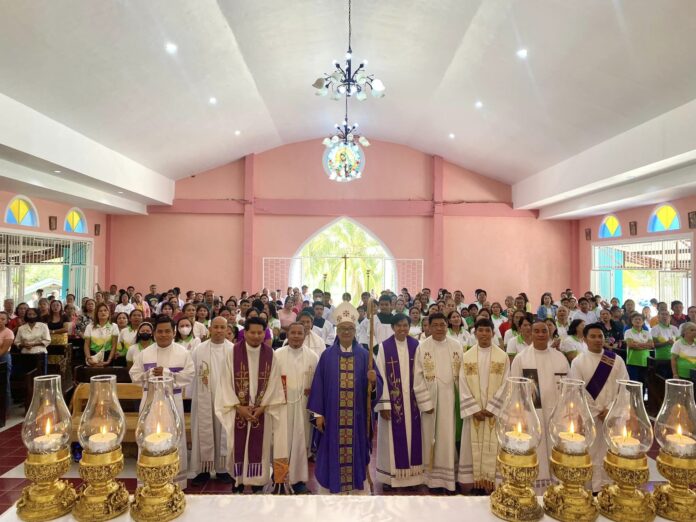

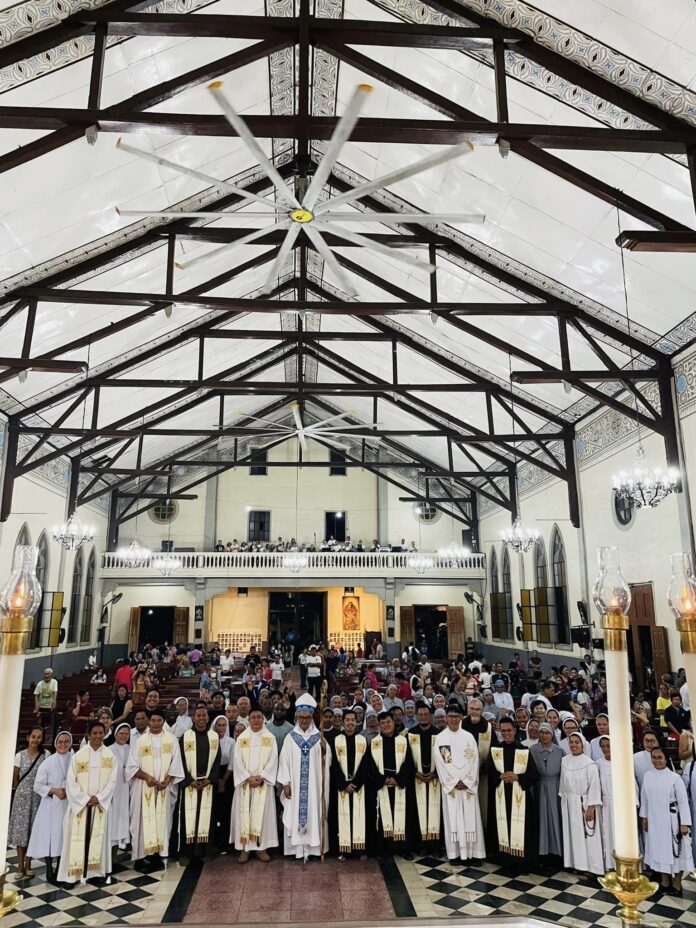


 In our busy schedules, incorporating Lenten practices might seem daunting, but remember, it’s about intention, not perfection. Here are some ways to make the most of this season:
In our busy schedules, incorporating Lenten practices might seem daunting, but remember, it’s about intention, not perfection. Here are some ways to make the most of this season:






